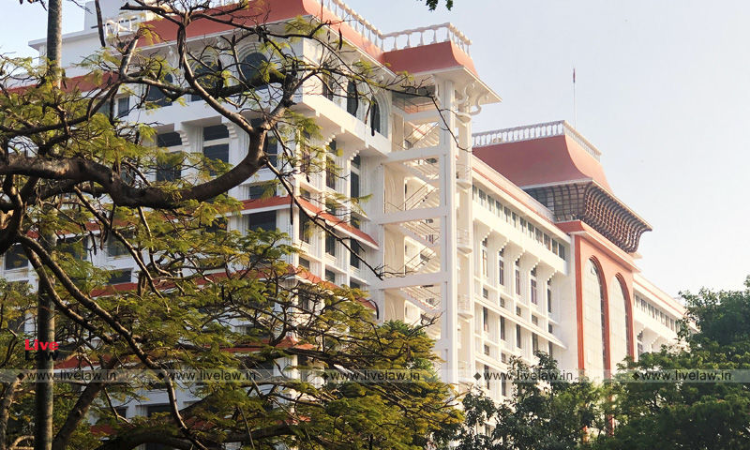The Kerala High Court has recently ruled that Tahsildars are not empowered to withdraw or suspend a community certificate issued under the Kerala (Scheduled Castes and Scheduled Tribes) Regulation of Issue of Community Certificate Act, 1996 merely because it is the authority empowered to issue such certificate.Justice T.R Ravi established that only the Scrutiny Committee constituted under the...

